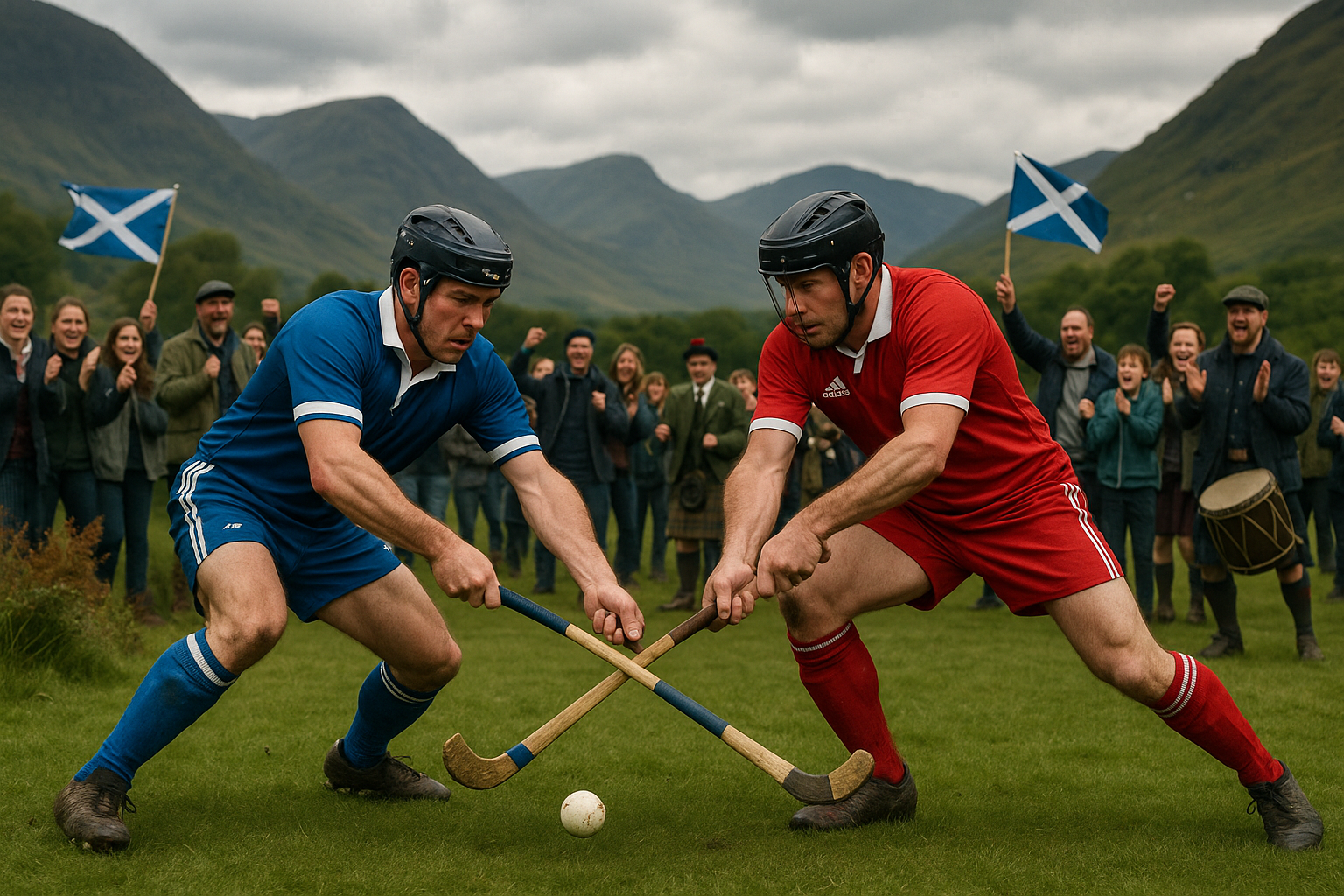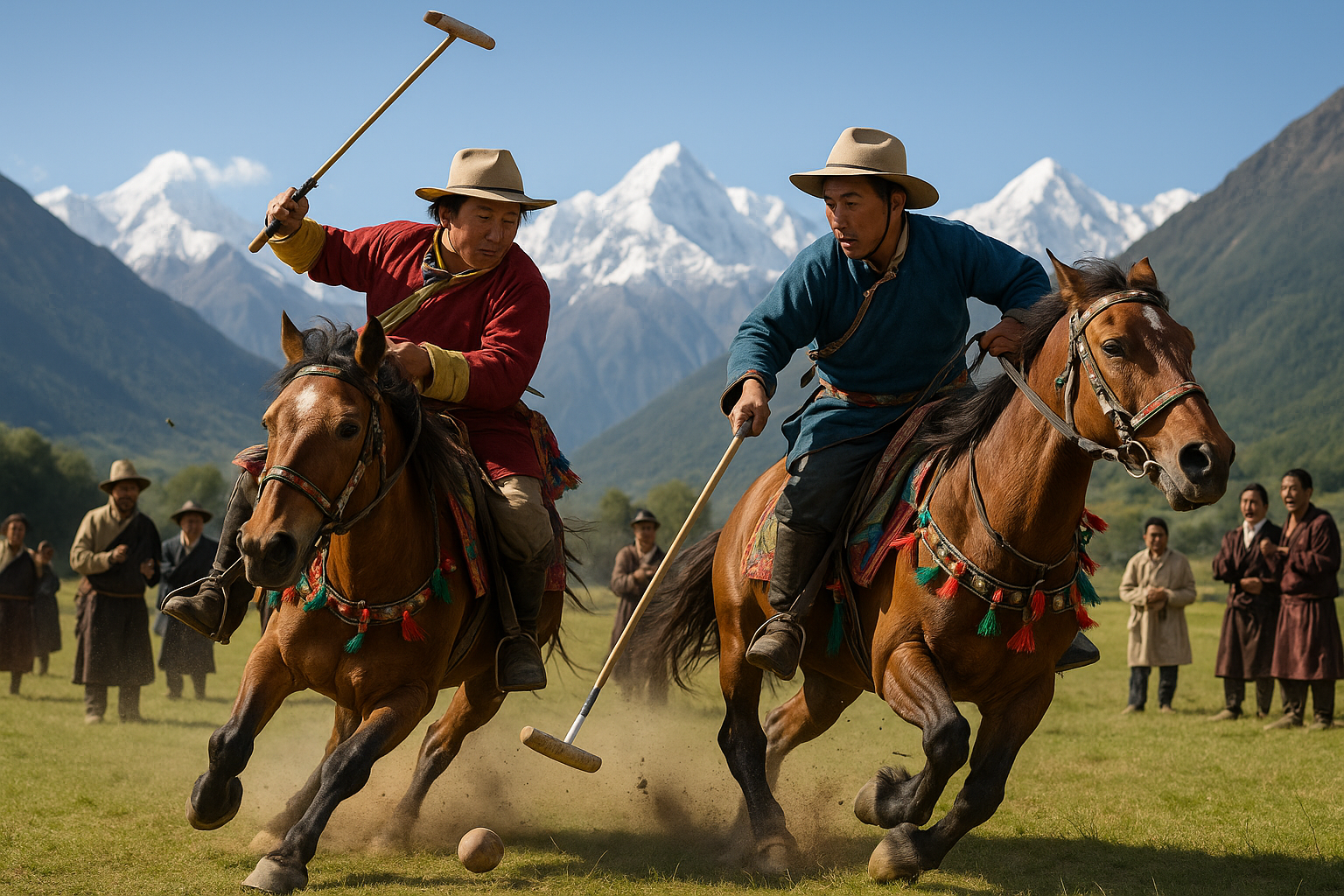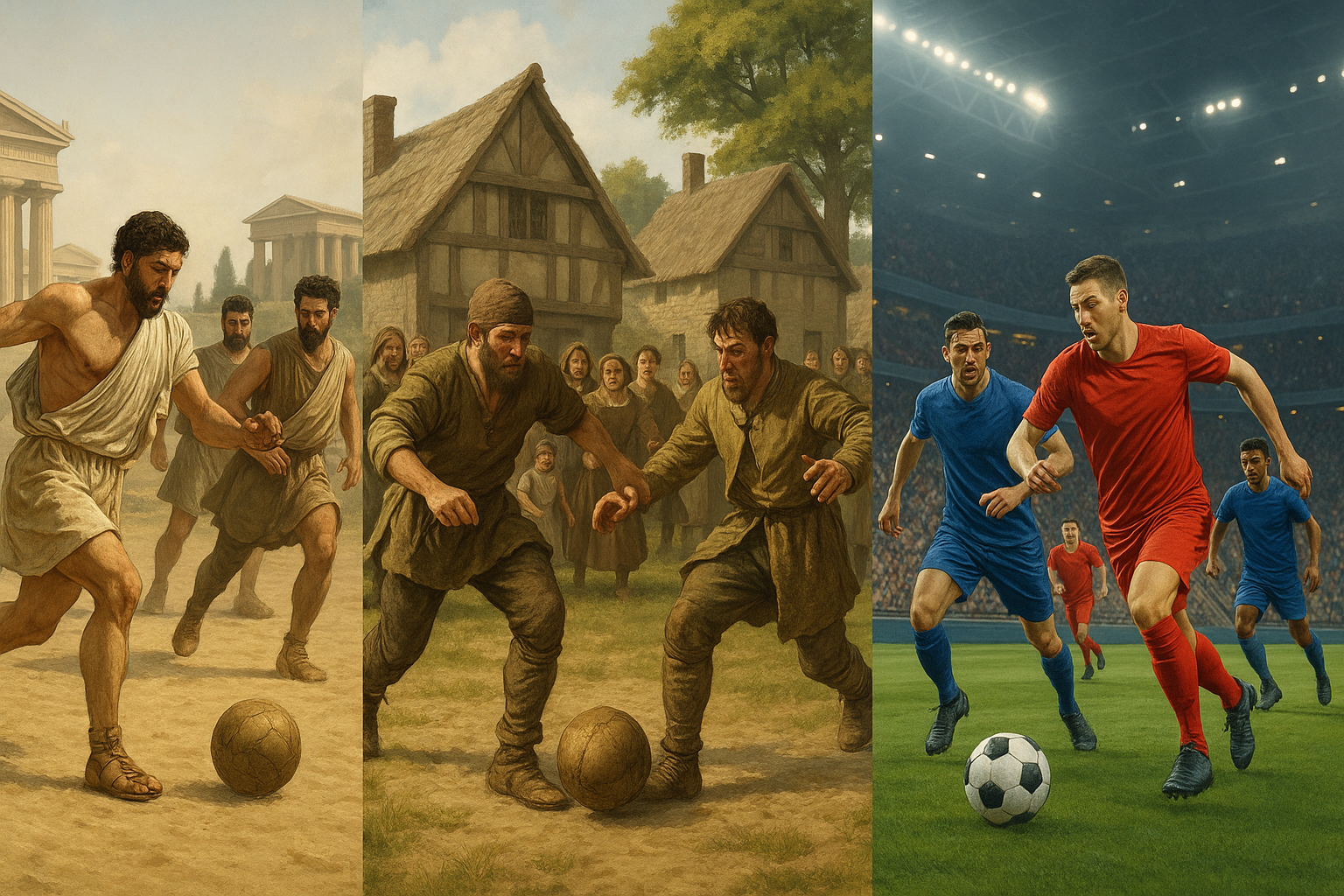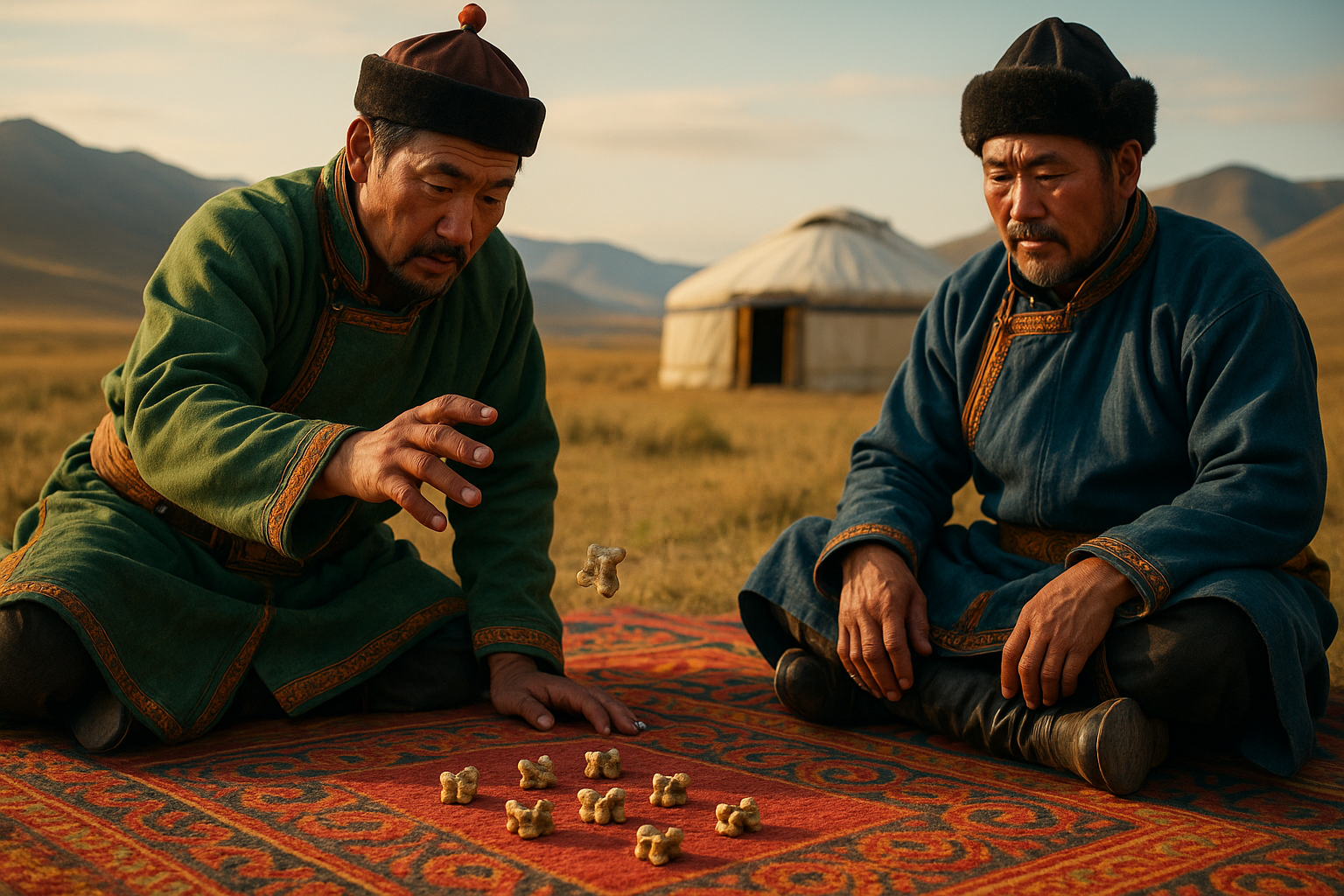Imagine a vast, open plain, the air thick with anticipation and the rhythmic pounding of hooves resonating across the landscape. A cloud of dust rises as fierce riders, each commanding powerful horses, engage in a high-stakes battle of strategy, skill, and sheer determination. This is not a scene from an ancient epic, but rather the electrifying world of Buzkashi, a sport that has captivated hearts and minds across Central Asia for centuries. Today, we embark on an exhilarating journey to explore the power and passion of Buzkashi, the ultimate horse game experience that blends tradition, athleticism, and cultural heritage.
Buzkashi, which translates to “goat grabbing” in Persian, is far more than just a game; it is a vibrant cultural expression steeped in history and tradition. Originating from the nomadic tribes of Central Asia, Buzkashi has evolved over the years, yet it retains its essence as a testament to the skill and tenacity of its players. At its core, the game is deceptively simple: riders, known as chapandaz, compete to pick up a goat carcass from the ground and carry it to a designated goal. But within this simplicity lies a complex tapestry of tactics, teamwork, and individual prowess.
The game of Buzkashi offers an unparalleled adrenaline rush, not just for the players but also for the spectators. The sight of horsemen navigating the chaotic melee, demonstrating agility and strength, is a spectacle that captivates audiences. The connection between rider and horse is paramount, as both must work in harmony to outmaneuver opponents and secure victory. It is this synergy that elevates Buzkashi to more than just a physical contest; it is a dance of strategy and instinct, where split-second decisions can turn the tide of the game.
In this article, we delve into the multifaceted world of Buzkashi, unraveling the rich tapestry of its history and cultural significance. We will explore how the game has evolved over time, adapting to the changing landscapes of Central Asia while preserving its core values. 🐎 We will also shed light on the skills and training required to become a successful chapandaz, offering insights into the rigorous preparation and dedication that the sport demands.
Furthermore, we will take a closer look at the role of the horse in Buzkashi. These majestic creatures are not merely tools for competition but are revered partners in the game. Each horse is trained meticulously, with an emphasis on speed, stamina, and maneuverability. The bond between horse and rider is crucial, often developed over years of training and mutual trust. This partnership is a reflection of the deep-rooted equestrian culture that has been integral to the region’s identity for generations.
As we navigate through the complexities of Buzkashi, we will also explore its cultural impact beyond the field. The game serves as a social event, a gathering that unites communities and fosters a sense of identity and pride. It is a living tradition that brings people together, transcending boundaries and bridging the gap between past and present. Whether it’s the thrill of the competition or the camaraderie among participants, Buzkashi embodies the spirit of resilience and unity.
Moreover, we will examine the challenges and controversies that Buzkashi faces in the modern world. From issues of animal welfare to the impact of globalization, the game stands at a crossroads, balancing tradition with contemporary values. 🌍 Our discussion will highlight how Buzkashi is adapting to these challenges, ensuring its survival and relevance in the years to come.
Join us as we embark on this captivating exploration of Buzkashi, a sport that is as much about the thrill of competition as it is about the cultural heritage it represents. Whether you are a seasoned enthusiast or a curious newcomer, this journey promises to unveil the dynamic world of Buzkashi, offering insights into a game that continues to inspire and engage people around the globe.
Prepare to be enthralled by tales of daring exploits, strategic brilliance, and the indomitable spirit of Buzkashi. Through this narrative, we aim to honor the legacy of this incredible sport, celebrating its power and passion while looking ahead to its future. So saddle up and join us on this adventure, where history, culture, and competition converge in the ultimate horse game experience. 🏇
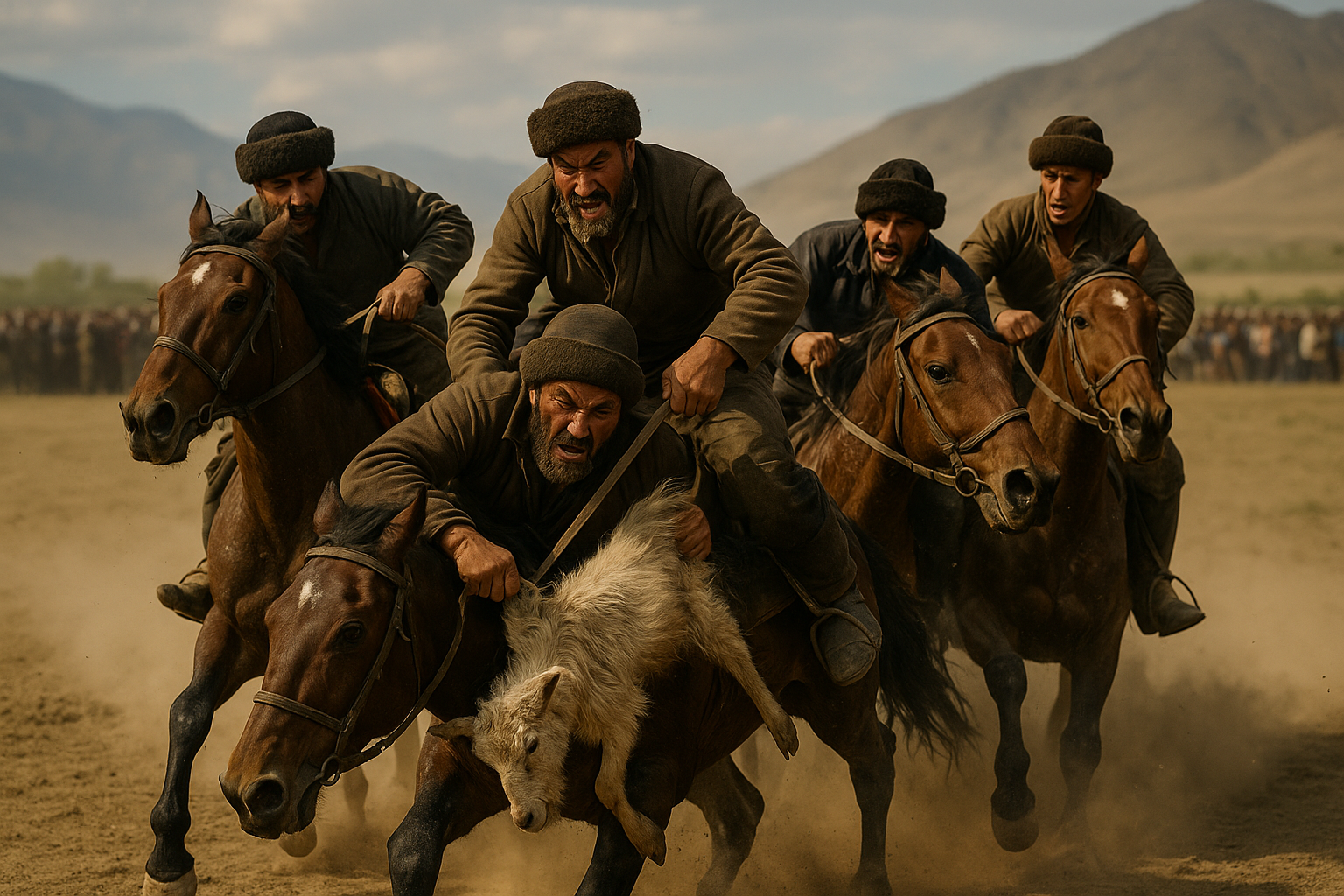
Conclusion
As we conclude our exploration of Cornish hurling, it’s clear that this ancient sport stands as a vibrant symbol of Cornwall’s unique cultural identity. Played for centuries in towns like St. Columb Major and St. Ives, Cornish hurling is not just a game — it’s a living ritual of community pride, heritage, and endurance, carried forward through generations.
The true spirit of Cornish hurling lies in its fusion of sport and ceremony. 🌿💫 With its handmade silver ball, open fields, and passionate crowds, each match rekindles a sense of unity, tradition, and belonging. Ultimately, discovering Cornish hurling traditions is more than learning about a regional pastime — it’s witnessing a timeless celebration of community, courage, and the enduring soul of Cornwall.
Toni Santos is a cultural movement researcher and traditional sport ethnographer specializing in the study of forgotten combat systems, historical ball game rituals, and the physical languages embedded in ancient athletic traditions. Through an interdisciplinary and movement-focused lens, Toni investigates how humanity has encoded discipline, competition, and tradition into physical play — across cultures, fields, and forgotten arenas. His work is grounded in a fascination with sports not only as games, but as carriers of hidden meaning. From ancient martial arts lineages to historical ball games and unusual solo challenges, Toni uncovers the visual and symbolic tools through which cultures preserved their relationship with the athletic unknown. With a background in movement semiotics and sporting heritage history, Toni blends visual analysis with archival research to reveal how games were used to shape identity, transmit memory, and encode community knowledge. As the creative mind behind tapzix.com, Toni curates illustrated sport taxonomies, speculative game studies, and symbolic interpretations that revive the deep cultural ties between athletics, folklore, and forgotten tradition. His work is a tribute to: The lost combat wisdom of Ancient Martial Arts Traditions The guarded rituals of Historical Ball Games and Their Origins The communal presence of Rural Team Sports and Folklore The layered physical language of Unusual Solo Games and Challenges Whether you're a sporting historian, movement researcher, or curious gatherer of forgotten athletic wisdom, Toni invites you to explore the hidden roots of traditional games — one move, one match, one tradition at a time.

